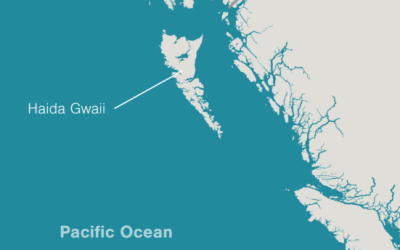The Globe and Mail is running an excellent six-part series called Africa Next, which reports on several case studies highlighting growing African prosperity. Apparently, investment has now outpaced foreign aid in that continent. That is certainly great news.
However, some important points in the first part of the series provide some insights that can help all developing economies and even help understand problems associated with lagging indigenous economies in Canada and elsewhere.
One is that location and even resource endowment is not the be and end-all of whether a national prospers. In Africa, one can see how countries quite alike in many ways, including geography, sink or swim depending on internal institutions.
The other point is that resource wealth itself is not enough on its own to guarantee success. In Canada, First Nations activists are pinning their hopes on a share of natural resource wealth. Whether that is the right policy choice is another issue, but simply transferring resources may not advance an economy.
The first piece shows how Sierra Leone has been transformed by foreign investments, but these investments do not always benefit the broader public if institutions do not channel them properly. There is the problem of “weak governments” where officials are bribed by quick payoffs.
Economists Daron Acemoglu and James Robinson in Why Nations Fail: the Origins of Power, Prosperity and Poverty look at how economic success (or failure) has much less to do with geography, culture, or even ignorance than with human-made economic and political institutions.
Hendrick Malan of Frost and Sullivan said Africa stands where China stood 30 years ago and India in 20 years. But he questions if Africa’s boom is sustainable if “it fails to tackle corruption, logistical chaos, and structural weaknesses.”
Obviously First Nations in Canada don’t have to deal with the civil war, human rights and serious corruption issues afflicting many African states but the point that institution building and good governance is critical is common in both examples.
First Nations need leaders who want to create inclusive institutions that allow for widespread entrepreneurship and wealth creation that benefits everyone and not just an elite.
Good governance, property rights and inclusive institutions all play a role.


